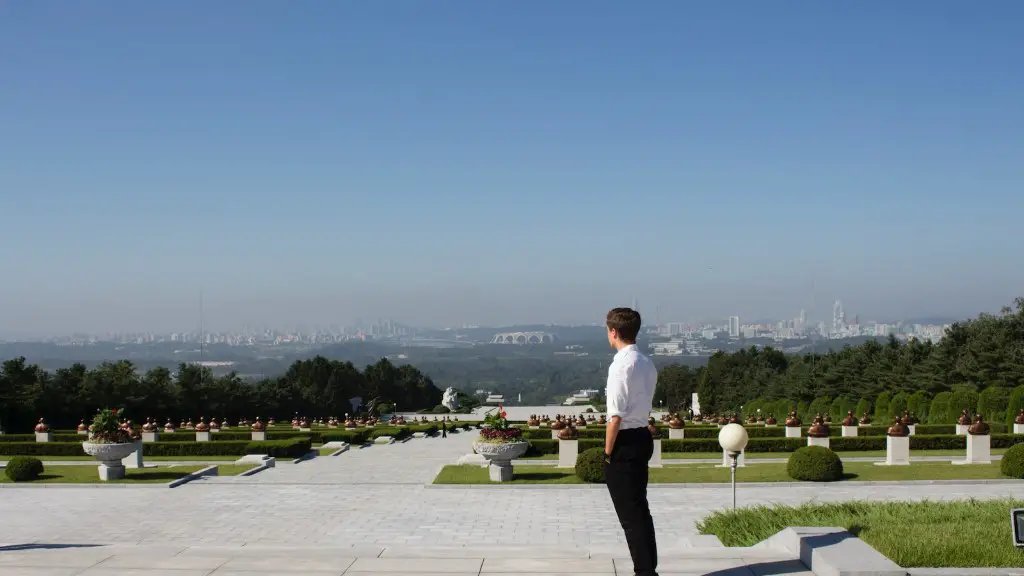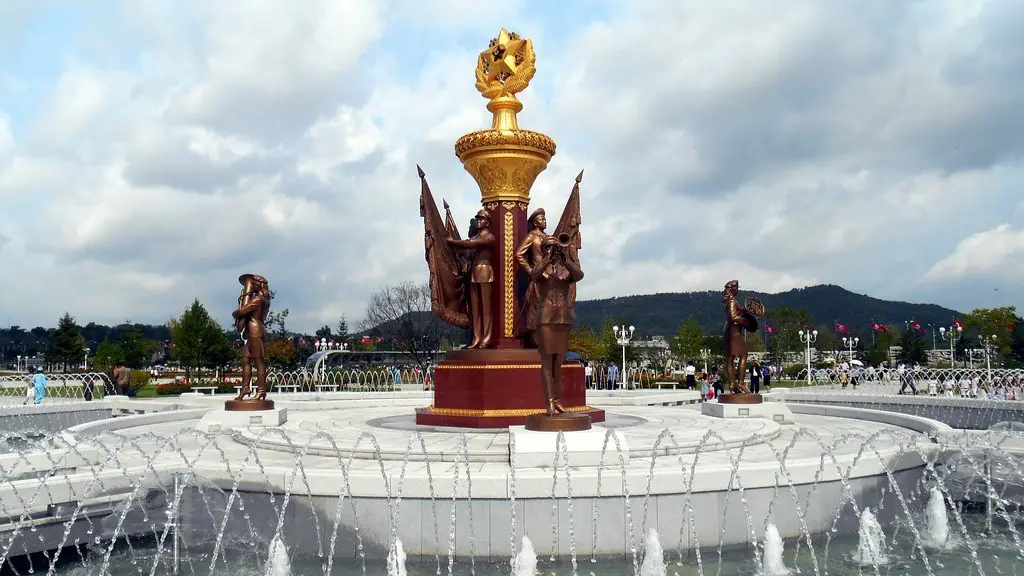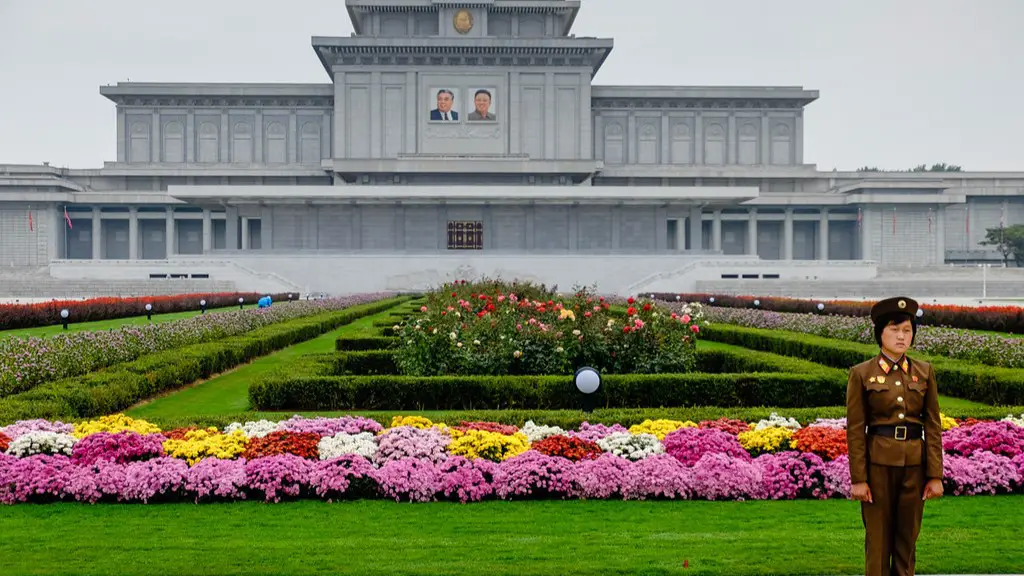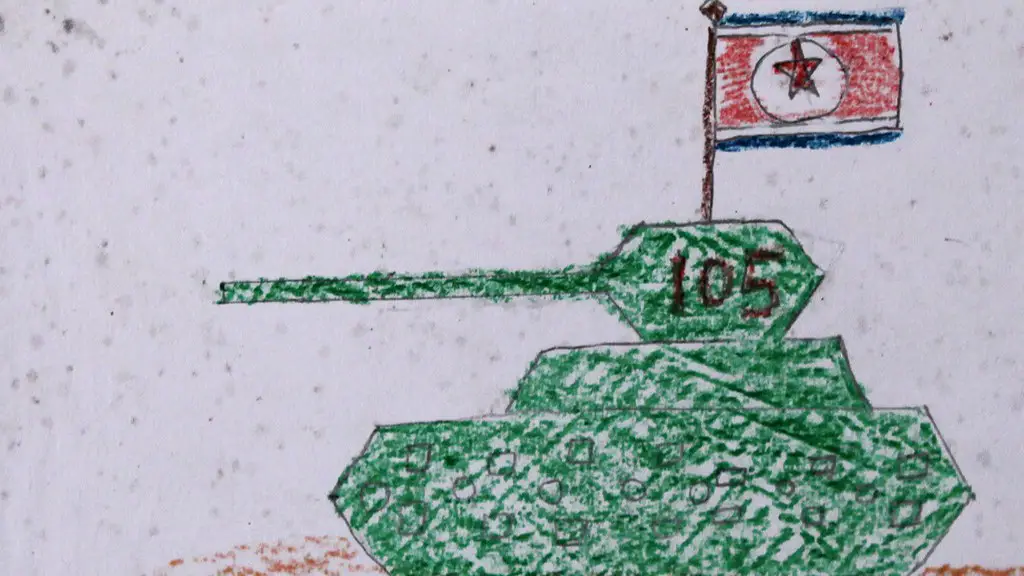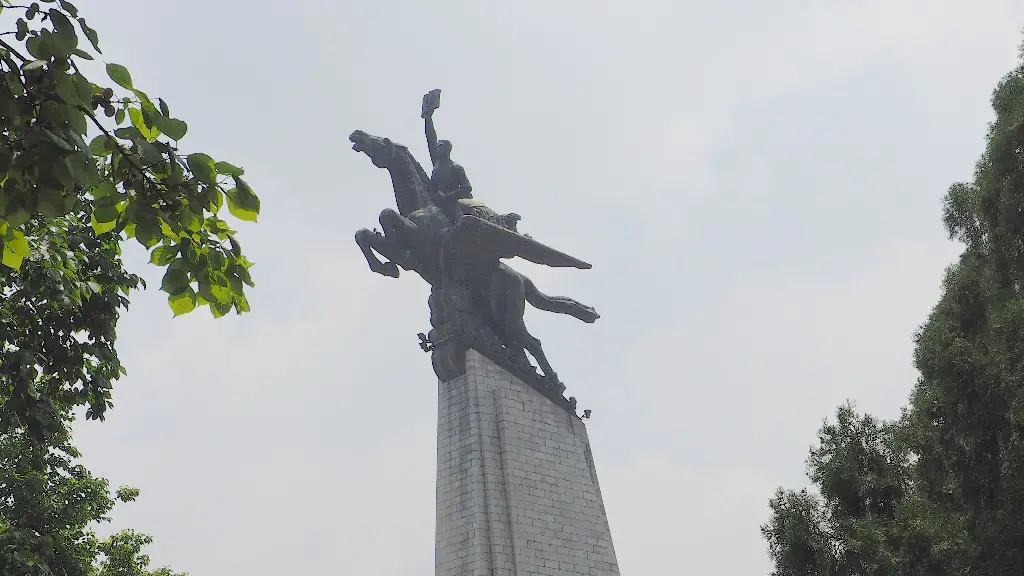North Korea is one of the most isolated and secretive countries in the world. It is also one of the most enigmatic and mysterious. It has become a global superpower due its nuclear programme, which led to it being accused of conducting several missile launches. It has also been condemned for its human rights abuses.
North Korea is at the centre of a complex web of geopolitics. It has a difficult relationship with the United States, stemming from its nuclear ambitions, and a tense relationship with its neighbour, South Korea. It is often portrayed as an isolated and hermit-like state, but in fact, it still interacts and trades with many different countries on the international stage.
What makes North Korea so interesting and different from other countries is its use of an extreme form of authoritarian rule. It is a hermit kingdom with a ruling dynasty, where access is limited and tight controls are placed on communication, travel, and the media. It is not a democracy, but rather a one-party state, with the ruling party controlling the government and its policies.
The North Korean government uses a system of control that is often described as “totalitarian”. It represses any and all forms of dissent, and has a track record of imprisoning and executing people who criticise the regime. The people have very limited or no access to the internet and foreign media.
The economy of North Korea is a mix of central planning and market economies, with the government controlling both trade and investment. It has some of the highest poverty and unemployment rates in the world. The country is dependent on foreign aid and has an active nuclear weapons programme, which has caused economic and political sanctions.
North Korea is a fascinating and enigmatic country. It has long been the subject of speculation, but its complexity and history mean that it is not easily understood. The current and future political climate, its relations with other nations, and its foreign policy will continue to be a source of debate and speculation.
Defence Strategies of North Korea
The defence strategy of North Korea has been an integral part of its foreign policy for many decades now. This strategy focuses on four key elements: promoting an impenetrable military posture, focusing on deterrence and defence, the fear of a surprise attack and the threat of nuclear weapons.
North Korea is estimated to have the fourth largest military in the world with an estimated 1.2 million soldiers. This immense military force has been built up over many years and has been used to protect the country from external threats. In addition to this, North Korea also has a vast array of defence mechanisms such as anti-aircraft systems and anti-tank weapons, as well as an impressive cyber defence program.
North Korea’s main aims with its defence strategies are to promote national security, prevent outside interference and maintain its military presence. It puts great emphasis on the capability to deter an attack and protect its population in the event of an attack. It also emphasises the need to maintain a nuclear-armed nation in order to deter any potential threats.
Therefore, North Korea’s defence strategy is one of the key contributing factors to its international standing. It has enabled the country to remain independent and maintains its unique identity, culture and politics. The country has been able to continue its policy of isolation and non-interference with other countries, both militarily and economically.
Political Environment of North Korea
North Korea is known for its extreme authoritarian rule and a totalitarian regime. It is a one-party state and the ruling party has absolute control over the government. The constitution of North Korea does not recognise freedom of speech, press, movement and assembly and citizens are constantly monitored and restricted in their activities.
The government imposes a harsh ideology upon its citizens. It is based on a cult of personality, based around its leader Kim Jong-un and his policies. The population is largely indoctrinated into the regime’s political ideology and teachings. It seeks to control every aspect of its citizens’ lives, from their thoughts to their actions.
The political environment in North Korea is heavily restricted and oppressive. The government always maintains strict control over access to information and tightly controls the media, in order to maintain its grip on power. As a result, the country is ranked low in the press freedom index.
The regime also has an intense fear of foreign influence, especially from Western nations, and it closely monitors its border and access to foreign media. Over the years, there have been numerous reports of human rights abuses, censorship and persecution. The country has also been accused of violating international law by its continued detention of Japanese citizens in abduction cases.
In addition to the oppressive regime, North Korea also faces economic hardship. It is one of the poorest countries in the world and does not have access to the world markets. The lack of economic freedom has resulted in widespread poverty and deprivation.
Economy of North Korea
The economy of North Korea is a centrally planned one. It has a command economy that is controlled by the state and is largely closed off to foreign investors. It is heavily reliant on foreign aid and the government is the primary agent of economic change.
The currency of North Korea is the North Korean won, which is not freely convertible and is heavily restricted by the government. The majority of its citizens have low incomes and work in the formal or informal economy, but there is a significant wealth gap between the wealthy elites and the rest of the population.
The country’s industries are largely focused on the military, with arms manufacturing and related services accounting for a large portion of GDP. North Korea also has some limited resources for the export market, although the majority of its exports consist of raw materials and cheap, labour-intensive goods.
The country is heavily reliant on China for its energy and food supplies, as it does not have the resources to produce them domestically. Despite the sanctions placed on it, the country is still able to access the world markets, albeit with certain restrictions.
North Korea’s economy is facing an uncertain future, as the country is largely isolated from the international community and it is heavily dependent on foreign aid. Additionally, the government’s policies are not conducive to economic development and senior government officials are widely reported to be involved in corruption and nepotism.
Military Power of North Korea
The military power of North Korea is a source of great interest and is widely viewed as a major threat to the security and stability of the region. It has the fourth largest military in the world, with an estimated 1.2 million active personnel and a large number of reserve forces.
The North Korean military is heavily armed and equipped with a wide range of weaponry, including ballistic missiles, tanks, air defence systems, warships, as well as small arms, light weapons, and even nuclear weapons. It maintains an active nuclear weapons programme and is estimated to have stockpiles of between 20-60 nuclear warheads.
The North Korean military spends a large portion of its budget on defence and it is believed to have the fourth highest ranking military in terms of spending. It has an extensive network of coastal defences, underground military bunkers, and air defence systems.
North Korea also has a strong military presence in its neighbour, South Korea. It has deployed a significant number of forces to the border and has been involved in various skirmishes and border incidents over the years.
The military power of North Korea has led to increased tensions in the region, with many countries viewing it as a direct threat to their security. The nation’s nuclear programme also poses a serious risk of nuclear conflict, should any kind of armed conflict arise.
Negative Image of North Korea
North Korea has a negative image in the eyes of much of the world due to its authoritarian and oppressive regime. The country is known to have severe human rights violations and a lack of civil liberties. It is estimated that between 200,000 and 400,000 people are being held in prison camps and many have been subjected to torture, forced labour and other forms of ill treatment.
North Korea has also been heavily criticised for its use of propaganda, its censorship of information, and its crackdowns on dissenters. The government tightly controls all media outlets and does not allow access to foreign media. It does not allow freedom of the press and it strictly controls access to the internet.
The international community has been pushing for the denuclearization of North Korea, and the country has been subject to economic sanctions due to its nuclear programme. These sanctions have had a major economic impact on the country, leading to increased poverty levels and deprivation.
North Korea has also been accused of sponsoring terrorism, with allegations that it supports various militant groups in the Middle East, Africa and Asia. It is estimated that the country has provided these groups with financial and military support, as well as training.
Overall, North Korea is widely viewed as an oppressive regime with a huge human rights record. It is seen as an erratic and unpredictable state, with an aggressive attitude towards other nations and a dangerous and unpredictable nuclear programme.
